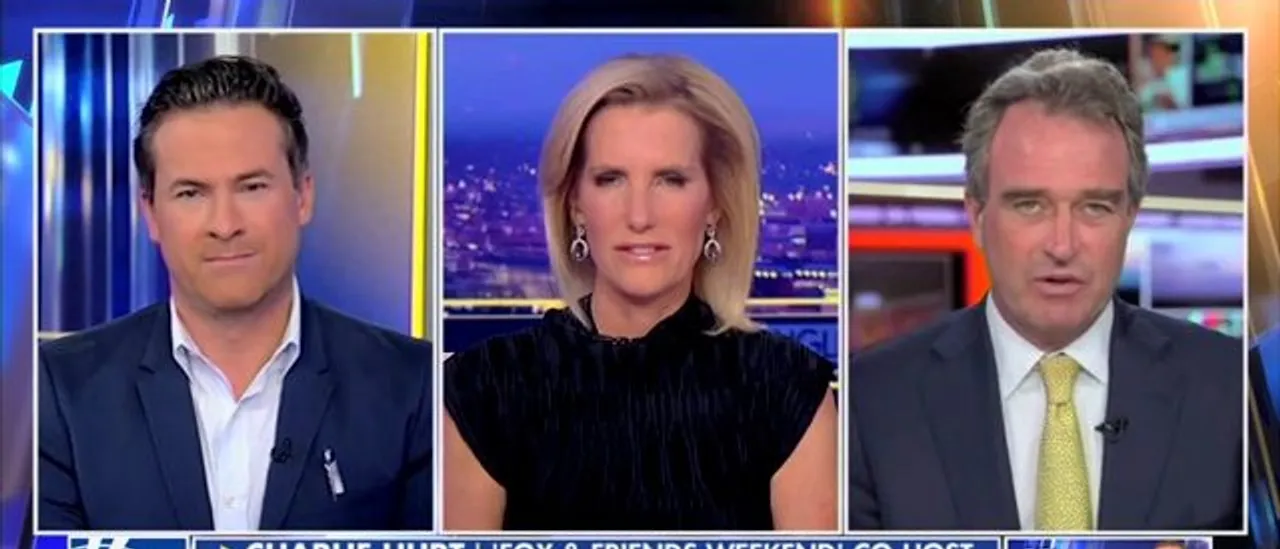Thoughts on Alabama’s Political Landscape
I’ve noticed a recurring theme in the messages I receive from frustrated voters in Alabama. The question pops up frequently: “Are there any decent candidates?”
Honestly, there have been moments when I found it challenging to respond, even though it stung a bit to admit it. The Alabama Democratic Party has really struggled lately to attract and nurture viable candidates for office. In many instances, they don’t seem to back candidates at all.
Meanwhile, gerrymandering has, well, it’s mostly wiped out moderate Republicans. This has left many Alabama GOP candidates fully focused on issues that, frankly, seem pretty out of touch—like certain discussions around transgender athletes—when, in reality, there are so many more pressing problems to tackle.
That said, voters bear some responsibility here. It’s clear that Alabama voters have repeatedly missed the chance to support truly quality candidates, opting instead for the party line. This trend has been ongoing, particularly in the last decade and a half of Republican governance.
And yet, many of these voters then voice their frustrations about the state of politics, lawmakers, and general discontent. It’s as if the elected officials just materialized without any input from the electorate.
But let’s be real—voters certainly played a role in this. By opting for straight-ticket voting or favoring candidates simply because they align with their party, many have become detached from the bigger picture.
For example, take the 5th Congressional District, currently represented by Republican Dale Strong. There’s a Democratic challenger, Candice Duvieilh, and the contrast between them is rather striking. Now, I’m sure Dale Strong is a decent person and is keen to do well for his community, but honestly, if you designed an ideal candidate for Huntsville, you’d likely wind up with someone like Duvieilh.
This week, she laid out her credentials, and it’s quite impressive. “I have 15 years in the public sector,” she shared. “I taught for five years in a Title I School District, focusing on English Language Arts and Special Education in 7th grade. I’m a policy analyst, a government accountant, and I hold a master’s in administrative and non-profit management, plus a doctorate in educational administration.”
Right now, she’s with a private firm that develops software for auditing government expenditures. Her job entails guiding developers on how to audit various agencies.
Let’s think about that for a moment and relate it to Huntsville. Duvieilh brings intelligence, significant degrees of experience, and a nuanced understanding of financial flows that would be crucial. If you had any doubts, attending one of her sessions at a local bookstore would clear that up. She breaks down federal spending bills, shedding light on how vast sums of money are used.
Meanwhile, Strong has been somewhat elusive, skipping meetings with constituents. In his two years in Congress, he managed to sponsor just a solitary bill aimed at streamlining the federal court system in North Alabama, along with a few provisions for infrastructure. But is that enough? I think we all have a sense that it’s not.
Let’s set aside party affiliations for a moment and be realistic: Huntsville is poised to be a major player in the state and beyond. It’s the largest city in Alabama and growing fast. With thoughtful management and a clear vision, it could genuinely reach great heights. Young professionals are scrambling for quality education, jobs, and vibrant community life. But that requires a capable leader.
This logical growth only happens if the person in charge has a solid plan and sets up the right infrastructure to support that growth, alongside backing from the communities where people actually live.
District lawmakers are pivotal in this process. It seems wise to choose someone who gets the financial dynamics, especially regarding federal funding, and possesses a wealth of experience in education and public policy.
So what does that leave us with? Quite a conundrum, it seems. Many of the loudest voices complaining about issues like traffic jams, housing shortages, and lacking public transport tend to overlook the qualifications of their party’s candidates and just vote along party lines.
In just a few months, I can all but guarantee they’ll be bemoaning the lack of quality lawmakers.







